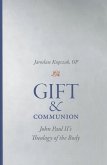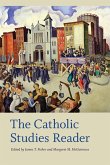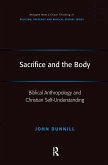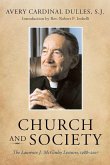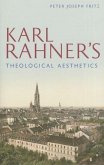From speculative theology to the exegesis of Aquinas, to contemporary North American philosophy and Catholic social and ethical thought, to the thought of Benedict XVI, this work argues the crucial importance of the proportionate natural end within the context of grace and supernatural beatitude.In two initial chapters, the book argues that Henri de Lubac and Hans Urs von Balthasar erred by negating the proportionate natural end for man within the doctrine of grace. Given the loss of natura within theologicalmethod, its recovery requires philosophic instrumentalities. In its third chapter, this book argues that the analytic thought so widespread in Anglophone circles cannot replace the role of classical Thomism within theology. The fourth chapter argues against those who construe affirmation of a proportionate natural end as equivalent to social Pelagianism, engaging the work of Jacques Maritain, Jean Porter, and David Schindler, Sr. In an Appendix, the author examines the early thought of Cardinal Ratzinger / Pope Benedict XVI, and its development toward the Regensburg Lecture.


